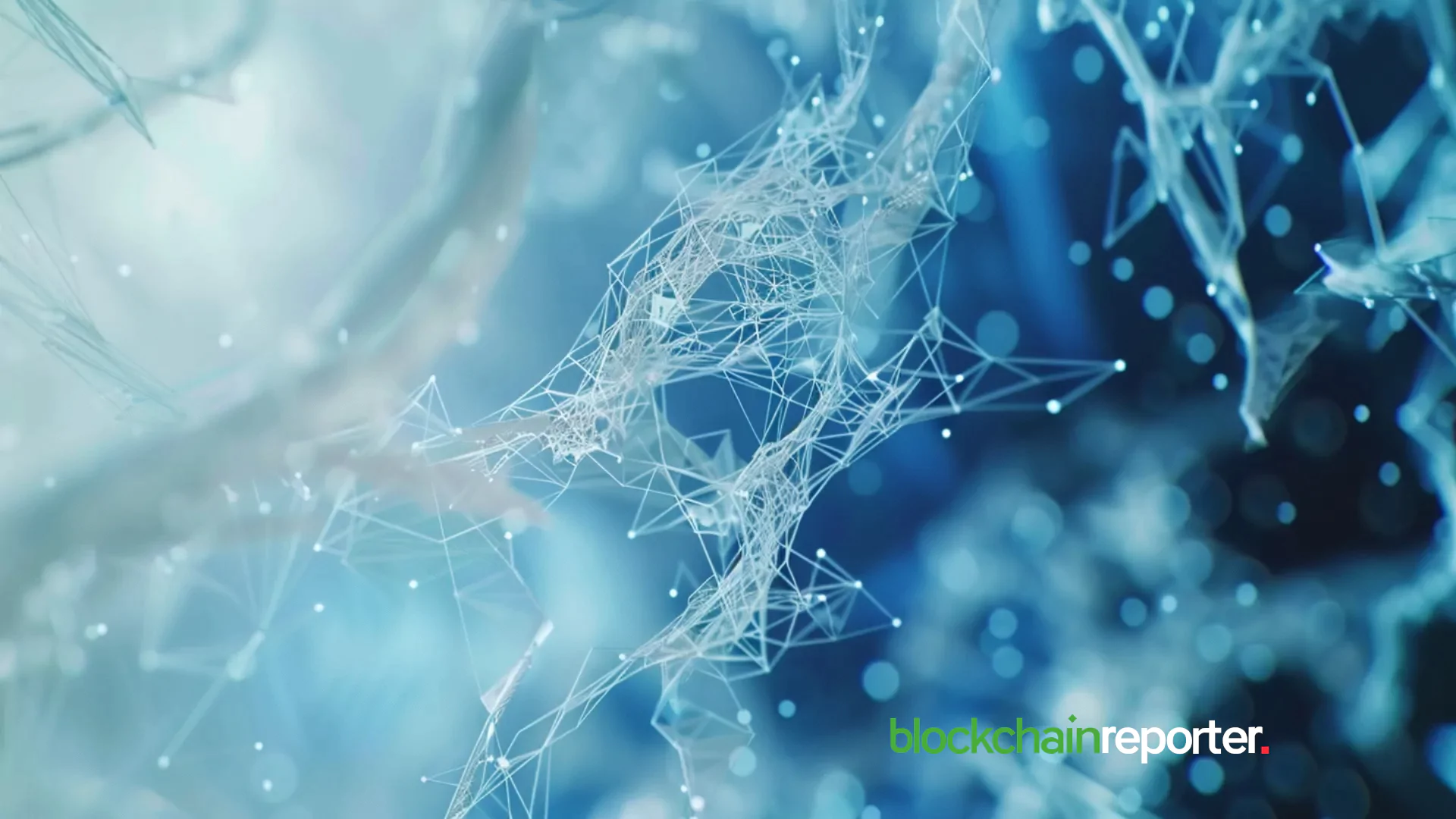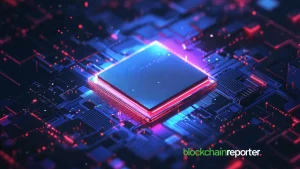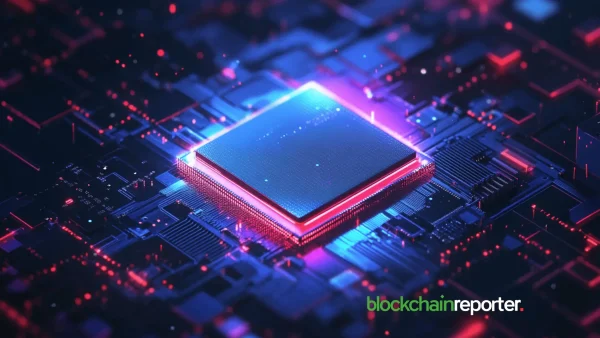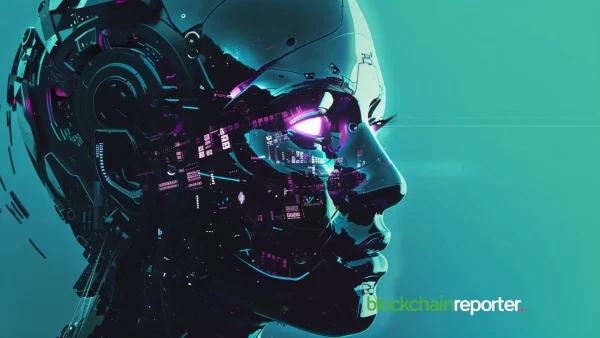
The evolution of the Web3 ecosystem underscores the critical role of security and the need for reliable data within smart contracts. Oracles, bridging the gap between blockchain and real-world information, have become indispensable in ensuring the trustworthiness and functionality of these contracts. The GSMA Open Gateway’s introduction of standardized Telco APIs, incorporating Chainlink’s decentralized oracle technology, marks a significant leap towards bolstering smart contract security and functionality on Web3 platforms.
Enhancing Smart Contract Security through Decentralized Oracles
The integration of blockchain and smart contracts has significantly transformed data handling and agreement execution processes. However, the self-contained nature of blockchains limits smart contracts’ ability to access external data, reintroducing risks. Decentralized oracles, particularly through platforms like Chainlink, mitigate these risks by securely fetching external data for smart contracts, thus maintaining their integrity and autonomy.
Chainlink and Telefónica: Pioneering Web3 Integration
Telefónica’s GSMA Open Gateway initiative exemplifies the telecom giant’s commitment to integrating its vast network services with the Web3 ecosystem securely. This collaboration with Chainlink introduces a new dimension of security and reliability, allowing developers to connect smart contracts with an array of real-world data and services seamlessly.
The Future of Smart Contracts with Telefónica Open Gateway and Chainlink
The implementation of Telefónica Open Gateway’s SIM Swap API via Chainlink on the Polygon PoS network is a testament to the potential of this collaboration. This feature enhances security by verifying SIM card changes, thereby protecting against SIM swap attacks. Looking ahead, Telefónica and Chainlink’s partnership promises to unveil further innovations, ensuring the Web3 world remains a secure and reliable space for transactions and applications.









